– What are the foundations of the policy of economic neutrality, as announced by the government?
– The basic logic behind economic neutrality is that significant changes are taking place in the global economy. We can either acknowledge them and become winners, or we fall behind. Due to Brussels’ poor decisions, Europe is starting to lag behind, while the economies of the United States and China are growing much faster than Europe’s. Hungary's economy is on a growth trajectory, expanding faster than the EU average, but we want to grow even stronger. Brussels wants an economic cold war, and to dictate to us whom we can or cannot trade with. This is harming Hungary’s interests. We benefit from trading freely with both the West and the East because that’s how we can achieve higher economic growth than the EU average. The economy is not an ideological issue; it requires neutrality. Over the past decades, new economic powers have emerged in Asia, and I’m not just talking about China, which has clearly become one of the world’s leading economic powers, but also about South Korea, Singapore, Japan, and many others with significant economic might. It is not in our interest for an economic cold war, pushed through by Brussels, to begin. Hungarian companies and families benefit most when the economic policy is open, attracting more foreign capital, investment, and innovation.
– What is the government's economic action plan about?
– The preparation of the new economic action plan has begun. It is built on three pillars and consists of 21 planned measures. The three pillars are: increasing the purchasing power of incomes, ensuring affordable housing, and supporting small and medium-sized businesses. The 21 government measures will contain the details of all these. The government plans to support the increase in purchasing power through three measures: a three-year wage agreement with employee and employer representatives, launching the Workers' Loan Program and doubling family tax allowance for children. This would be implemented in two steps: with a 50% increase from July 2025, followed by another 50% increase in January 2026. Of course, these measures will be implemented if the Hungarian people support them in the national consultation. The government's planned measures to assist with housing include some that target Budapest. The capital is facing severe housing problems, and solving these should be the municipality's primarily responsibility, but Budapest's current leaders clearly cannot handle this issue. To ease Budapest's housing problems, the government is working to introduce three measures:
tightening the conditions for private accommodation services like Airbnb, reviewing the system of rental prices and lease conditions, and expanding dormitory spaces for higher education students. The government's goal is to improve housing conditions not only in Budapest but across the entire country, which is why we are planning an additional seven steps related to affordable housing.
These include developing a housing program for young people, launching a Rural Home Renovation Program, temporarily allowing 50% of the benefits provided through the Szechenyi Leisure Card to be used for home renovation purposes, allowing voluntary pension savings to be temporarily used for housing purposes on an optional basis, outlining the details of employer-provided tax breaks for housing support, maintaining the preferential 5% VAT rate on new residential property sales until the end of 2026, and introducing a 5% interest rate cap for voluntary home loans, in cooperation with the banking sector. We will also ask people about these issues in the national consultation.
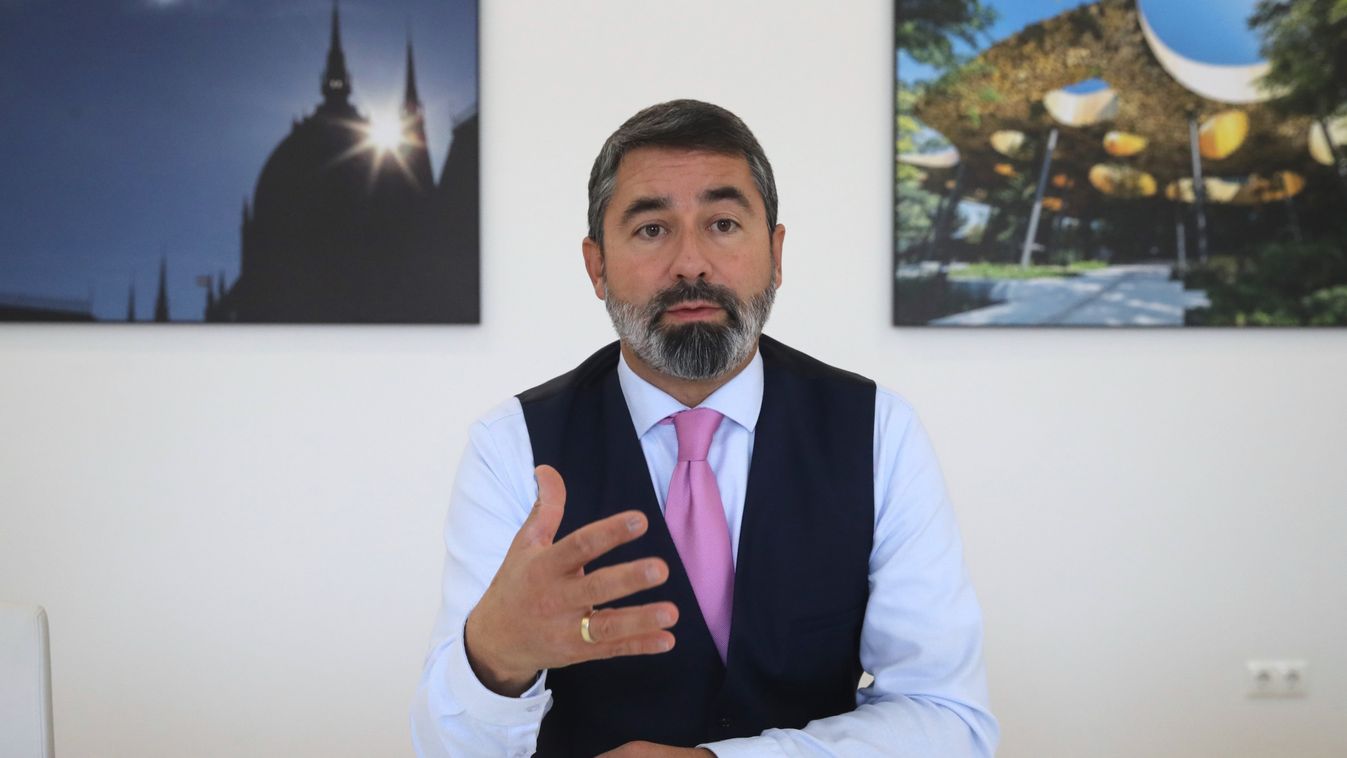
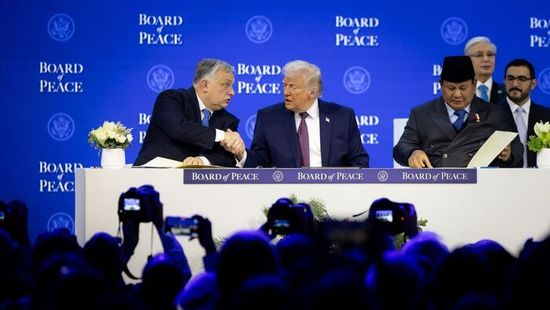

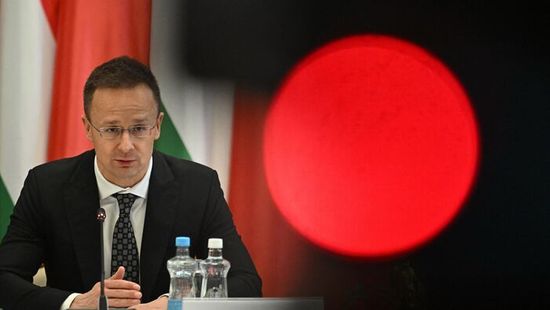



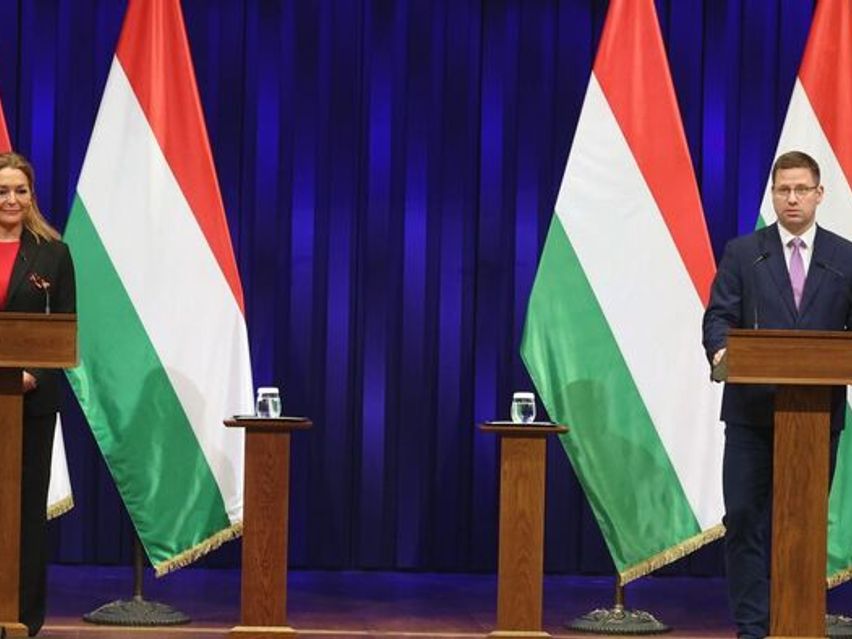



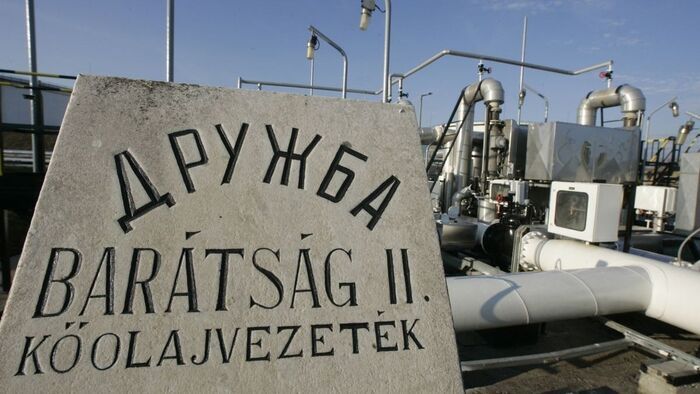



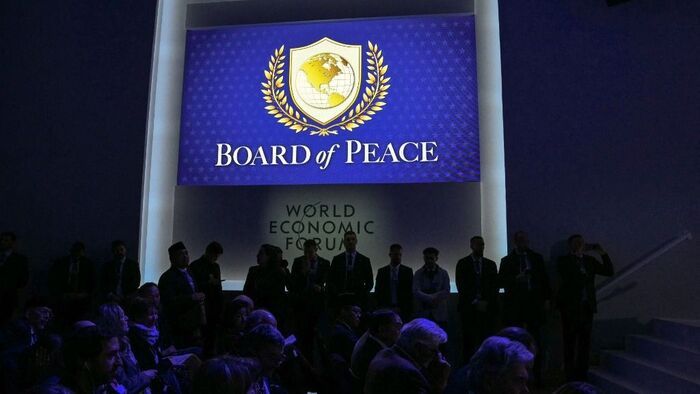

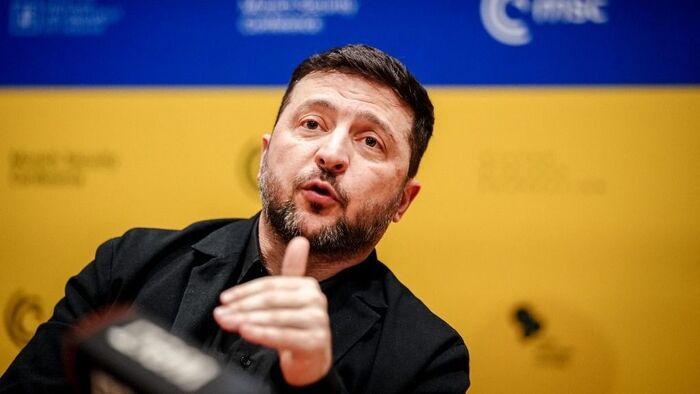




Szóljon hozzá!
Jelenleg csak a hozzászólások egy kis részét látja. Hozzászóláshoz és a további kommentek megtekintéséhez lépjen be, vagy regisztráljon!